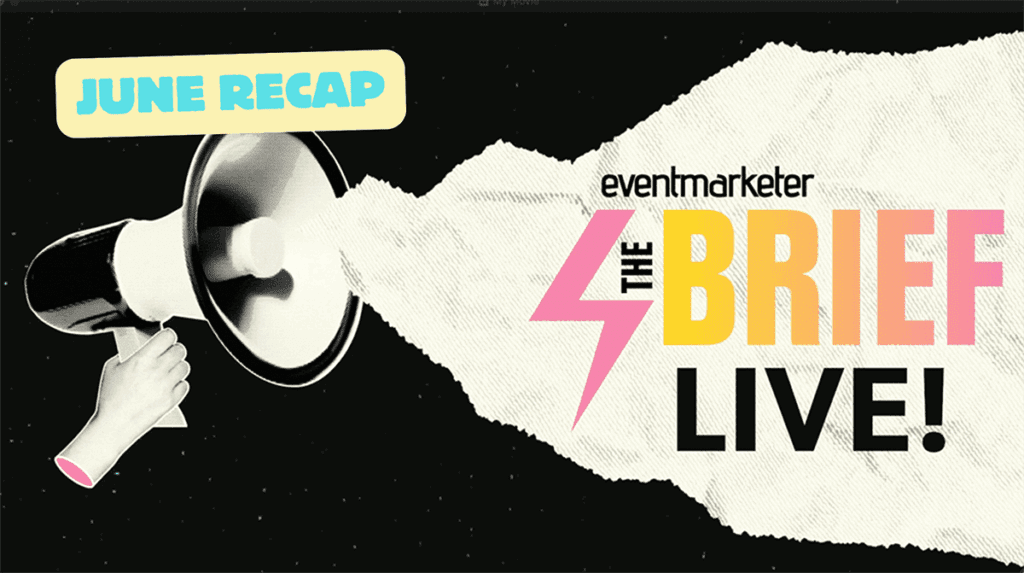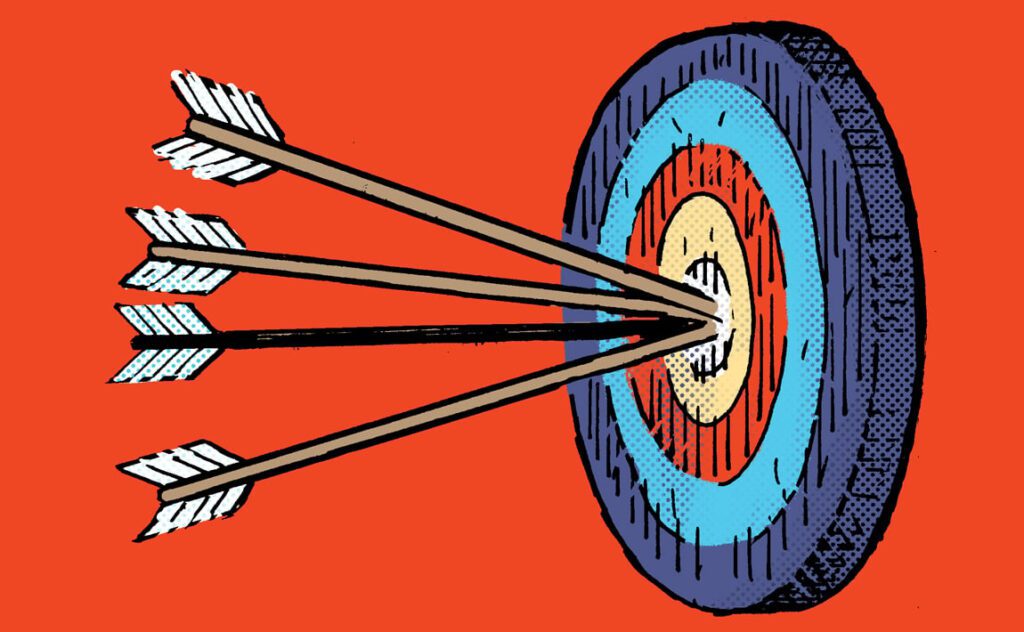Judy has been working twice as hard and twice as fast for the past two years as her company teetered above bankruptcy and laid off a quarter of its staff. Her morale is low and she plans on jumping ship as soon as the economy picks up. To assuage this dedicated worker, and to hopefully keep her on deck for the long term, her employer needs to show her some recognition — fast.
In a country plagued by recession and on the brink of war, more and more employers and employees are facing similar situations, making recognition, reward, motivation and incentive programs critical. Corporations are finding creative ways to recognize employees, be it simple praise, personal notes or other non-cash rewards like gift cards — or better yet, a combination of rewards with monetary value and a public sign of appreciation.
“With the uncertainty of so many things from the political situation to the economy, we are finding most employees aren’t satisfied in their current roles, but they are holding tight,” says Mark Norquist, a senior consultant at Carlson Marketing Group, Minneapolis. “If employers don’t take care of the employees at this time, when things do improve they run the risk of losing these good people.”
An October 2002 survey by the National Association for Employee Recognition (NAER) and WorldatWork shows that 84 percent of 391 respondents have an active employee recognition program, with 41 percent indicating that they are doing more with their programs than they were a year ago. The more than half (54 percent) who reported not having a program in place are considering implementing one in the next year. Plus, 70 percent with recognition programs said they include a combination of formal (i.e., attendance, performance, safety, years of service) and informal (spontaneous sign of appreciation with little to no monetary value) gestures.
Members of the Incentive Marketing Association report that their employee motivation programs have been adjusted — not eliminated — in the current economic climate. “That’s indicative that companies don’t regard it as fluff — or something that’s done only when times are good — but as part of an overall business program,” says Karen Renk, the Naperville, IL-based association’s executive director.
Elsewhere, a study by the Society of Incentive & Travel Executives and Market Fax asked if the level of motivation programs, or lack thereof, affected employees’ quality or quantity of work. Eighty-five percent of employees said the level of motivation definitely impacts the quality or quantity of their work. Fifty-nine percent said their company does not do enough to motivate and 75 percent said a formal motivation program would be beneficial.
“CEOs have to be aware of the strong results they can have with a carefully planned incentive program,” says Frank Katusak, executive director of Chicago-based SITE.
Passing notes
Considering that many corporations can no longer afford the lavish trips they traditionally awarded their top employees, the idea of recognition programs is growing. “It’s not so much cash or the big-ticket item that matters, it’s that the recipient receives something that makes a big impact on them,” says Al Geismar, VP-marketing and Web business development at American Express Incentive Services, Fenton, MO.
It’s also good business sense. Many corporations that favored non-cash rewards plan to stick with that policy, says Bruce Bolger, managing director of the Incentive Performance Center in Irvington, NY. “They want to distinguish it from compensation,” he says. “They don’t want cash rewards to be expected and for it to become pay for performance.”
At The Container Store, a chain of 28 home organizing stores in 10 states, a handwritten note from one of the company’s two founders can go a long way. The execs routinely write longhand notes to individuals or groups among its 2,000 work force for jobs well done. “We don’t subscribe to the more formal programs that many of the larger companies are involved in,” says Barbara Anderson, director of company culture and education at the company’s Dallas headquarters. “We are so home-grown that it influences everything that we do.”
In fact, one of the founder’s handwriting is so horrible it takes four people to decipher it, which creates an activity on its own in back offices, Anderson says. The Container Store also has a “celebration” voice mail box that is updated daily and includes sales records that a certain store might of made, or an announcement that one of the salespeople has just completed training. “We treat our employees in the way that we want them to treat our customers,” Anderson says. “You can’t expect them to give great customer service if you don’t have a great model for treating them.”
And what The Container Store considers a formal program is a weekend retreat for employees at a cabin in Colorado belonging to one of the founders. Now in its second year, employees can nominate an exemplary coworker for the trip and 10-to-12 names are randomly selected. “It’s who we are and the kind of people who enjoy working in our company; these are basic, core-value driven folk,” Anderson says. “It would be meaningless for us to do a gift card or to give a catalog. It’s the heart-felt things that have lasting meaning.”
Still, rewards with a distinct monetary value are popular. According to the NAER survey, 63 percent of employee recognition awards are gift certificates, followed by cash (58 percent), office accessories (41 percent), jewelry (40 percent) and household items (35 percent).
Catch me if you can
A communication tool as simple as email has become an effective element of recognition programs. Carlson Marketing provides a system that sends spontaneous congratulatory e-mails to employees (and copies managers). Such tactics are low cost but they still must be followed up with a personal touch, such as a handwritten note from the president of the company or a presentation in front of peers, Renk says.
At Nationwide Insurance, Columbus, OH, getting “caught” is considered a good thing. Through the company’s Intranet, employees can recommend coworkers who have gone above and beyond their job for a “You Got Caught” award. The nomination generates an email that is sent to the person, and all of the employees who got “caught” are treated to a lunch celebration each quarter. In some divisions, nominees are entered into a drawing for various items such as DVD players.
Nationwide started the program nearly three years ago and tens of thousands of its 30,000 employees are “caught” each year, estimates Lorin Young, Nationwide’s strategy planning and financial management officer.
The only problem with the system is finding a way to measure success. That’s part of the reason Nationwide is the first corporation to join the Forum for People Performance Management and Measurement, a new research organization created by Northwestern University’s Department of Integrated Marketing Communications, eight incentive companies and three industry associations. “We have a lot of interest in how we can better manage performance and we believe that people matter and that our effectiveness with recognition programs is critical to our success,” Young says.
Whereas Nationwide does not have a massive sales team, companies like Saab need plenty of programs to motivate its dealers — and trip rewards is a must. “We tried to do a couple of programs without trips and we heard about that,” says Tim Reeder, parts and services marketing manager at Saab USA.
Saab USA works with Atlanta-based USMotivation for an employee incentive program called The Genuine Advantage. (See details on the 2002 program in SITE Crystal Award coverage, page 76.) Saab used a points-driven Web site to track individual dealers’ sales for The Genuine Advantage: turboCHARGED in 2002. In the past, Saab had used American Express gift cards, but realized immediate rewards were better received. “Using points is a great incentive,” Reeder says. “People are very receptive to them in their everyday lives and they allow them so many choices.”
Rewards were given monthly (items such as cameras and televisions could be redeemed with points) and at year-end (a cruise to the Caribbean for 52 top sellers and their spouses). For this year’s program, Accelerate into 2003, dealers can carry over points from last year.
Apart from the motivation program, Saab has a corporate-wide recognition program for employees, which includes a monetary reward. “We are branching away from that and trying to separate rewards from awards,” Reeder says. “Economy or not, I’ve had such a great response to this points system versus straight monetary rewards since they can choose what they want.”
Just make sure the employee still gets that handshake and “atta boy” at the end of the day, says John Farrell, senior director of Carlson Marketing and a trustee at the Forum for People Performance. “People require both intrinsic praise and the trophy value of extrinsic appreciation.”
 Network
Network



